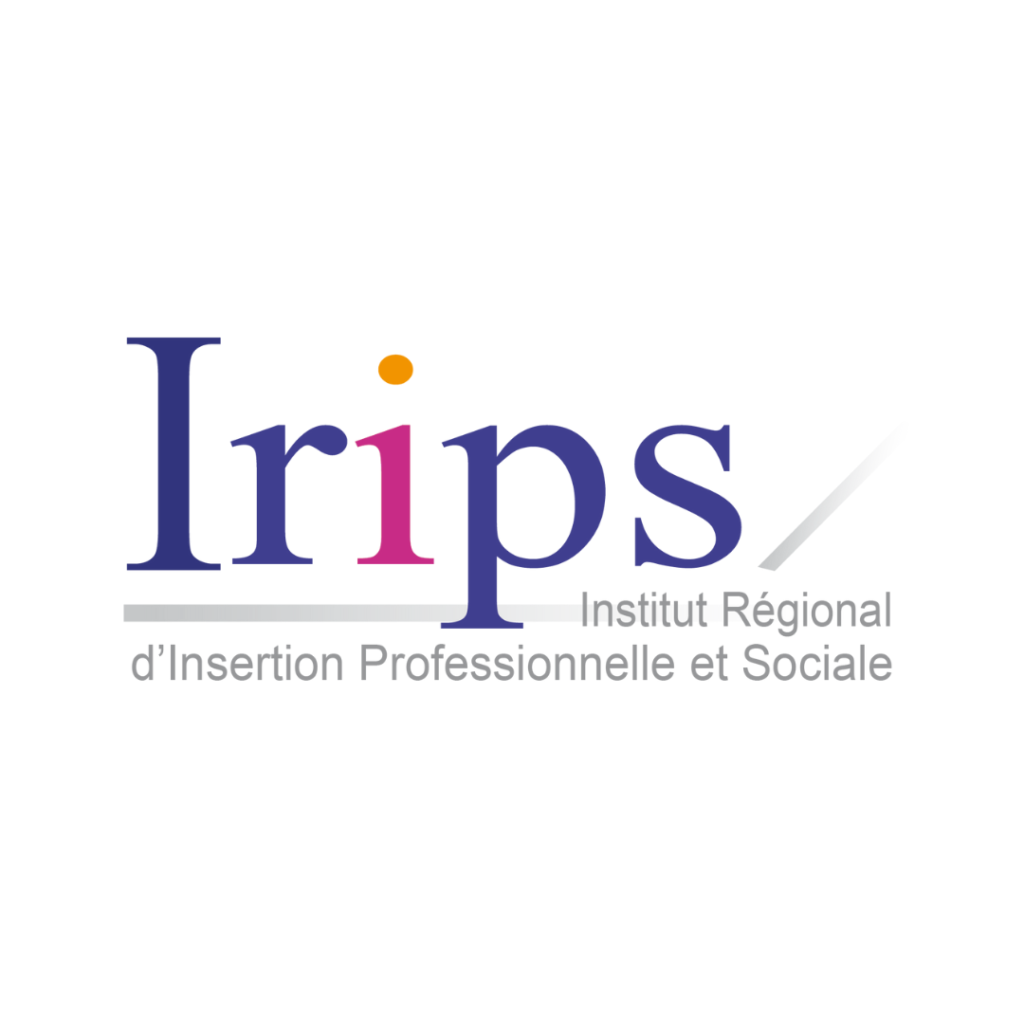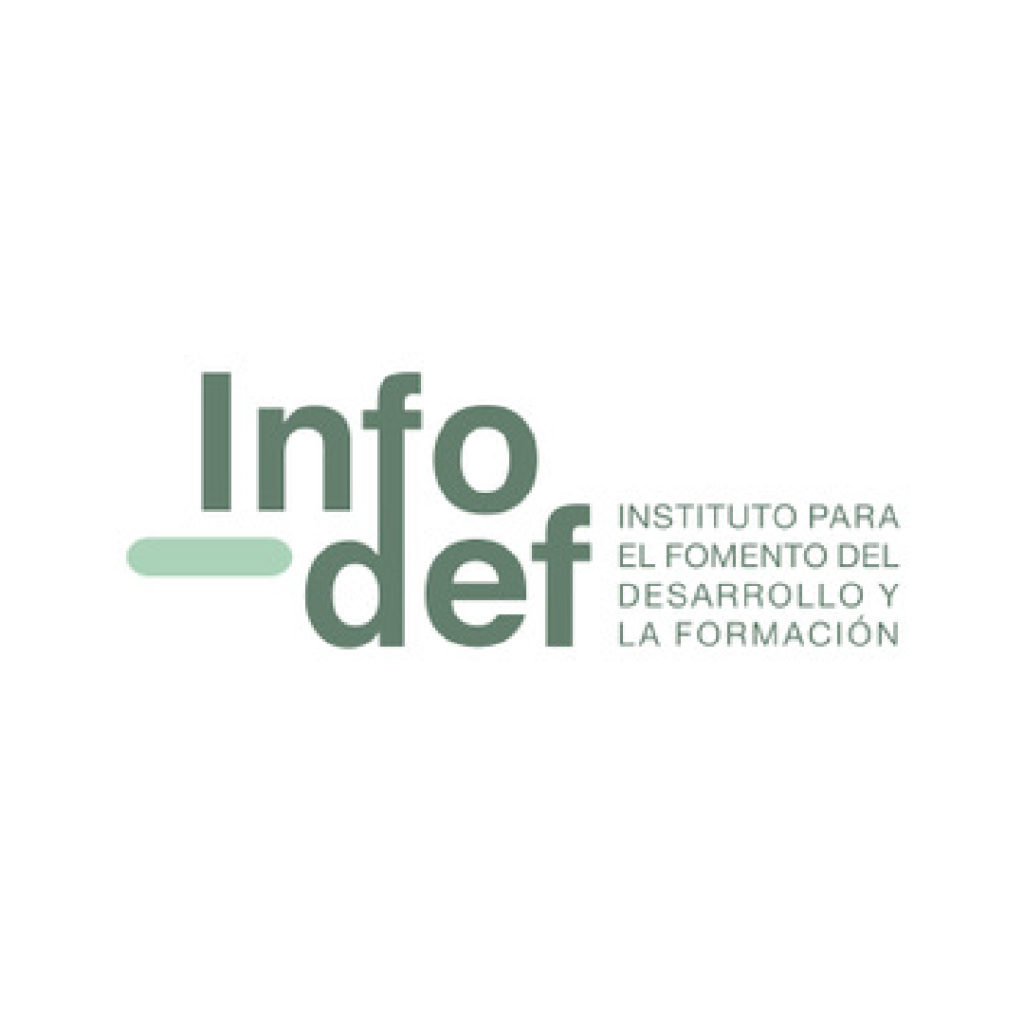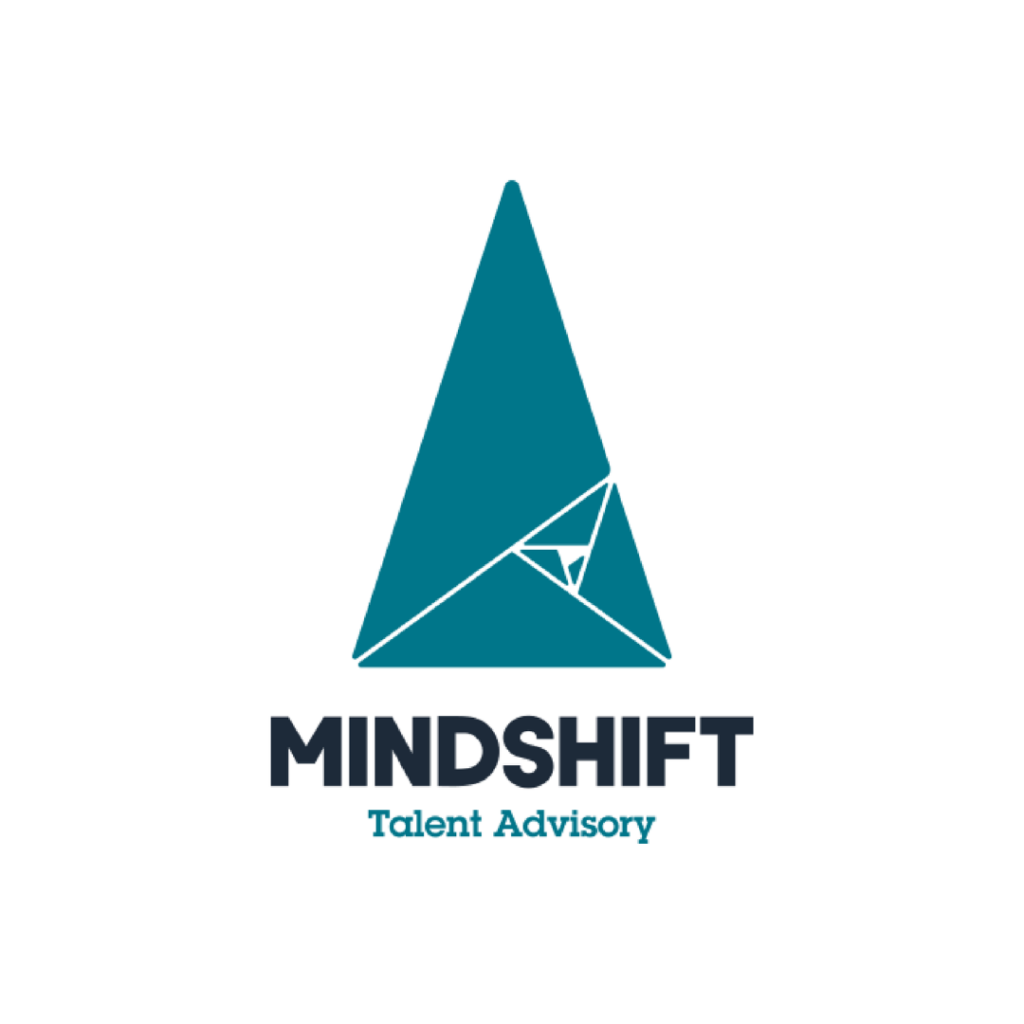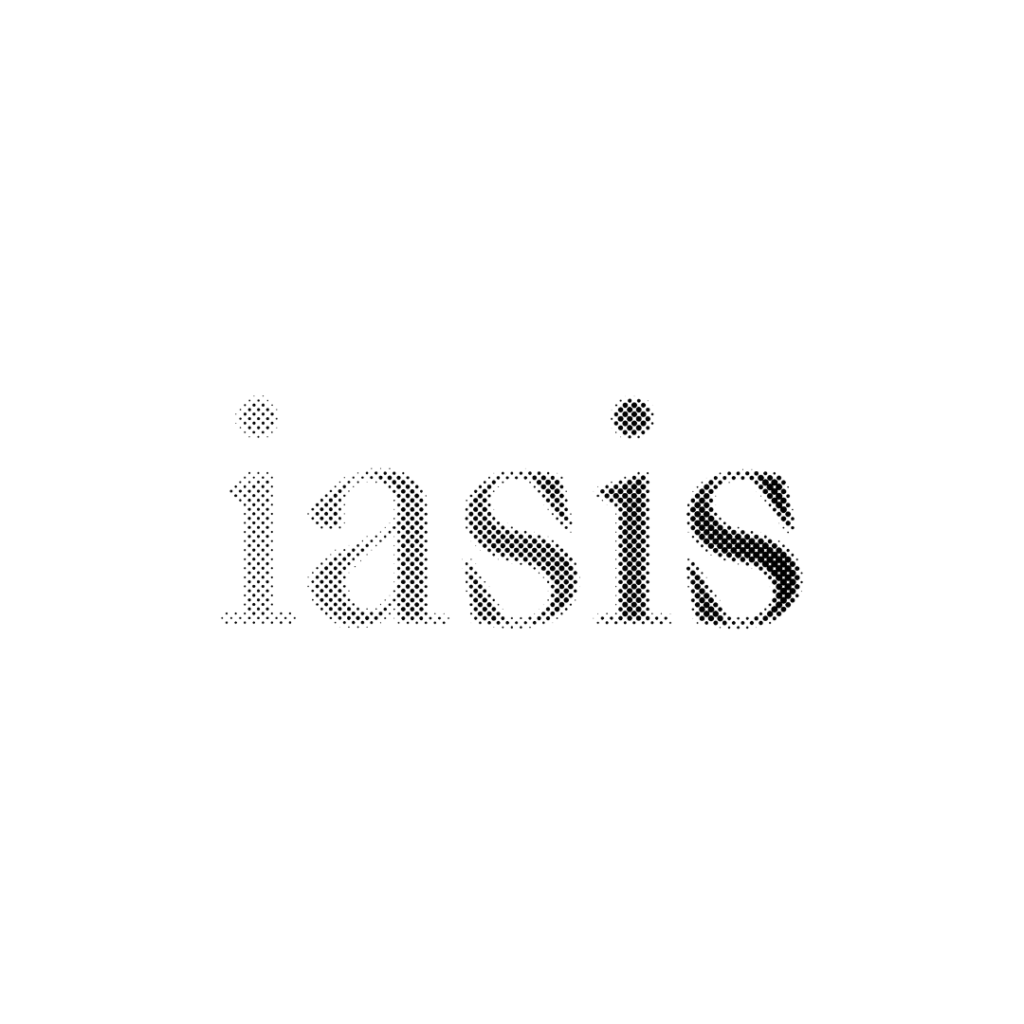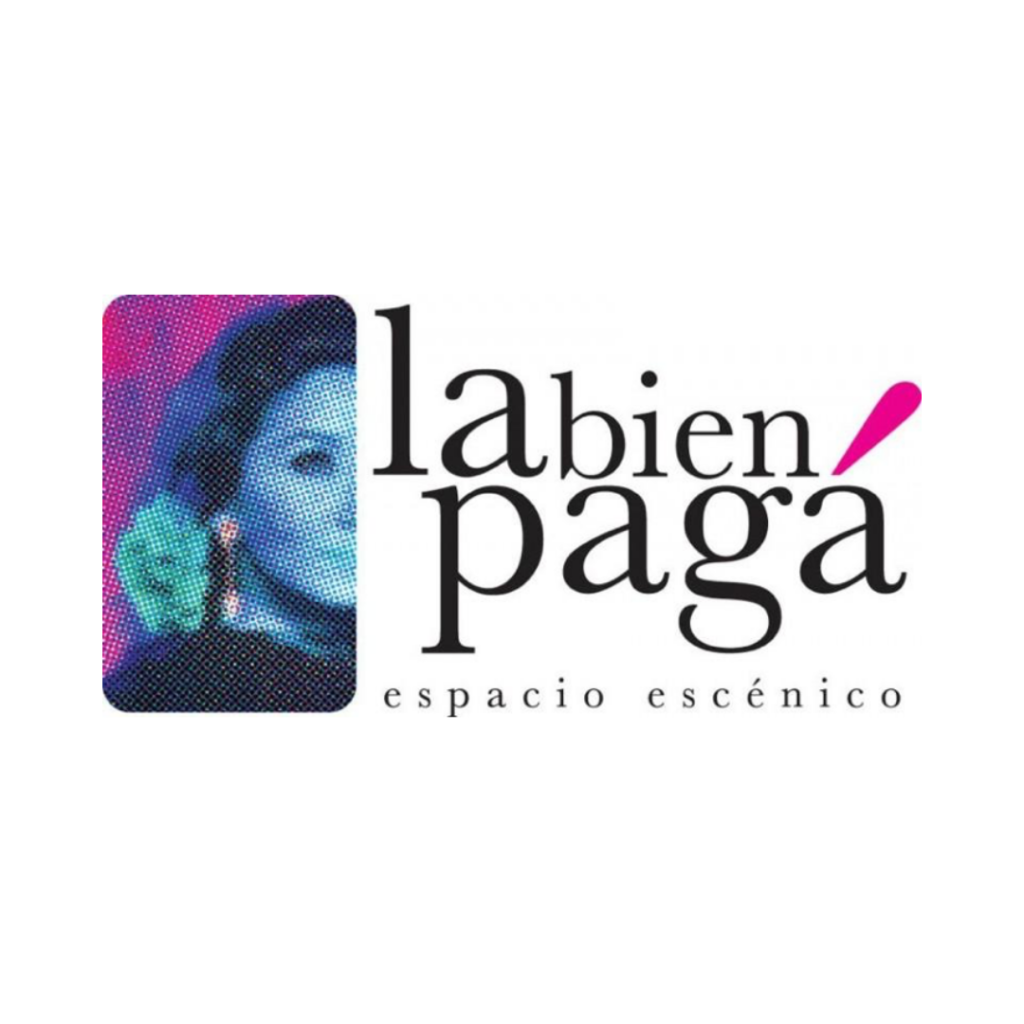
Art Therapy Based Psychoeducation
to support the participation of adults with Learning Disabilities in Adult Education
The project context
LEARNING DISABILITIES (LD) affect approximately 5% of school-aged children globally (WHO, 2015). However, some researchers have argued that the true prevalence could be as high as 15–20%. As the effects of LD can persist during adulthood according to the fact that writing and mathematical skills are usually essential to perform routine daily activities. This may also have an impact on opportunities for employment. Furthermore, the frequent co-existence of two or more LD within the same individual makes the picture even more complex.
Dyslexia
Dysgraphia
Dyscalculia
Nonverbal LD
Within the project, partners will use ART THERAPY as weapon as it represent a form of treatment that uses creative modalities, including art making, drama, and movement to improve and enhance physical, mental and emotional well-being. Art Therapy is a form of psychotherapy which embraces a variety of theoretical frameworks.
ONLINE CAMPUS
LEARN MORE
DYSLEXIA, affects a complex range of abilities related to reading and language, represents the most common learning disabilities, as 80% of people with LD are dyslexic. Other common types of LD include DYSGRAPHIA, which affects writing abilities. DYSCALCULIA, which affects the application of mathematical operations, and visual-spatial organisation problems. NONVERBAL LD are another type of learning difficulty whereby individuals demonstrate adequate verbal expression, vocabulary or reading skills, but have difficulties with certain nonverbal activities, such as problem-solving, visual-spatial tasks and reading body language or recognising social cues.
THE PROJECT OBJECTIVES

The ARTIVATE project aims to foster the implementation of Art Therapy Based on Psychoeducation to support the participation of adults with Learning Disabilities in Adult Education.

The project will create tool based on the use of Art therapy, as a PSYCHOEDUCATION METHODOLOGY supports and aims to reinforces the development of KEY COMPETENCES, especially social and learning to learn competences.
